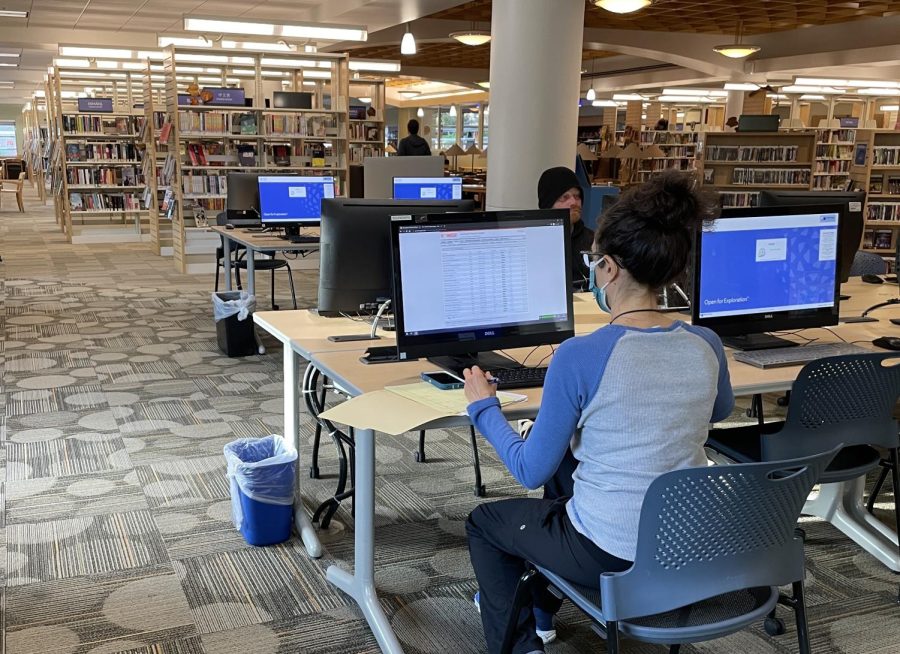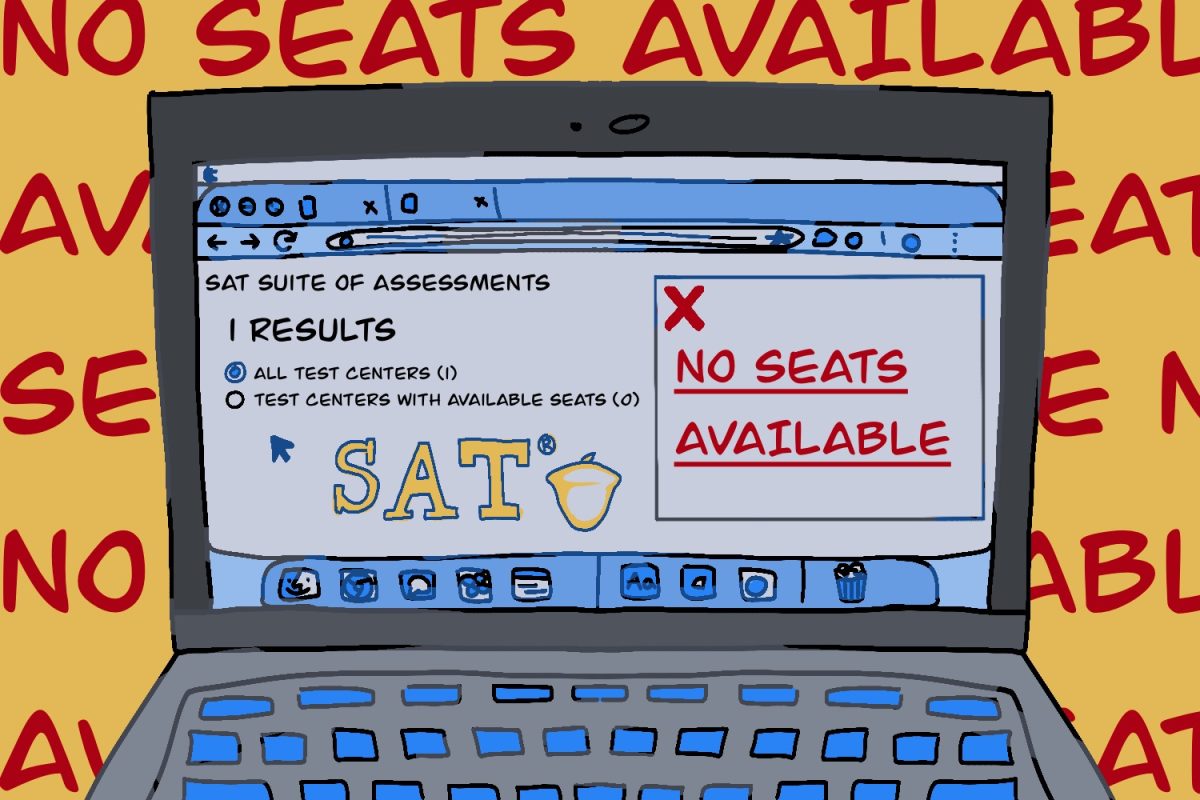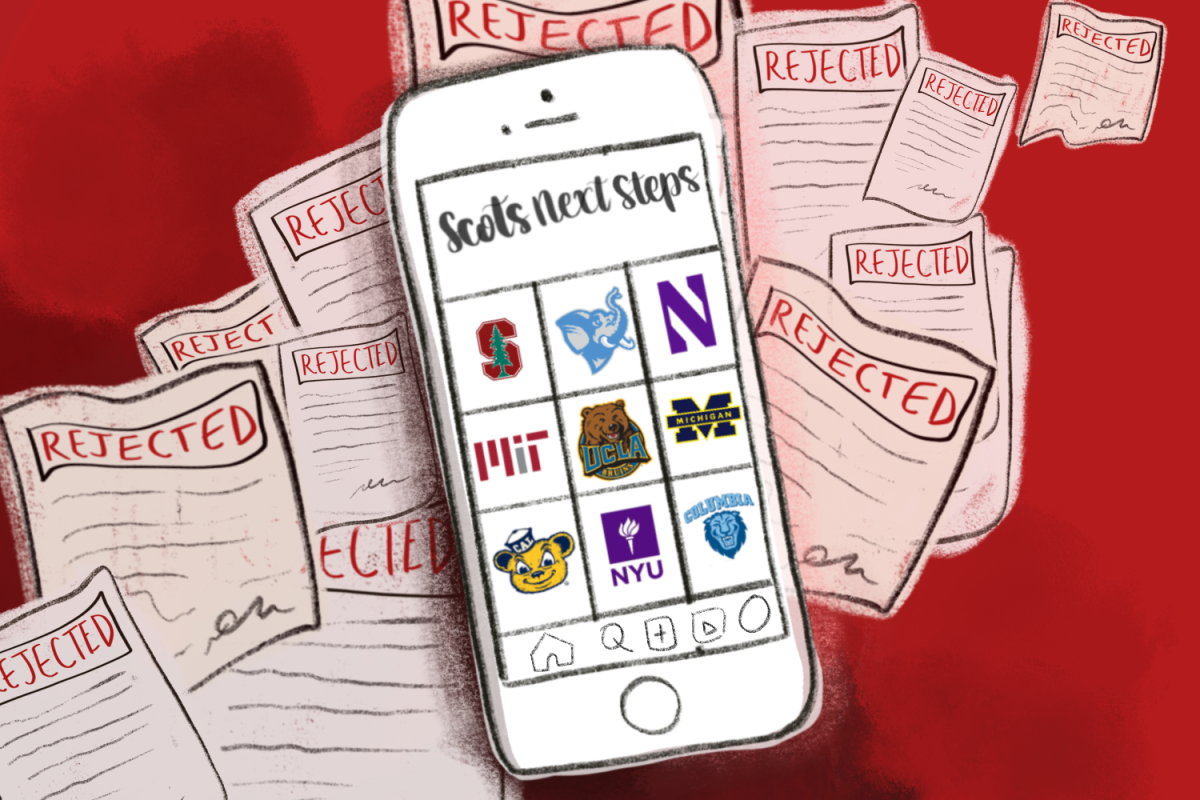The internet has become a hub for all types of information as 46% of Americans use internet searches to inform their decisions. However, since not all internet sources are created equal, information inequity and access limitations affect many Americans’ decisions greatly.
The lack of credible sources on the internet isn’t the problem as there are several databases that publish peer-reviewed findings and information. It is the unnecessary lack of access and streamlining of academic journals and databases that affects those who don’t have practice in evaluating digital credibility.
Jstor, NCBI, and Gale are just a few of the wide array of databases that publish academic research and journals with useful information. Containing primary historical sources, science databases that have the latest research on anything from genome editing to computer science, papers on health policy implementation, and research synthesized as a tool to improve revenue from ads, academic databases have findings from all around the world. This variety of information is useful in some capacity to anyone looking to learn.
Although these databases aren’t perfect at exclusively publishing credible findings, businesses have been able to utilize this type of information. Starbucks and many other big-name brands utilize specialized market research to improve sales. Small businesses are no exception. They benefit from market research as well, yet access and digestibility are limited.
Databases like Jstor and Gale are only available for access for free by some schools or for some selected sources in the U.S. Even after paying the monthly subscription price to access everything on these sites, the format of academic findings isn’t the normalized, straightforward, and instant answer to which most are accustomed.
The sight of the abstract of a research paper with the conclusion at the very end doesn’t lend itself well to a general audience. Other sites, even if less accurate, provide a less complicated and easily formatted style for consumption.
The New York Times’ and Washington Post’s past coverage of study information in a reporting or guidelike fashion synthesizes information for general consumption on a useful general platform. However, in the past year, the covering of studies on their sites are almost exclusively related to science and health, if not that then politics and thus isn’t useful for application by many types of people like small business owners or people looking for useful social science/financial information.
News organizations can’t feasibly be responsible for interpreting every credible study for mass consumption. However, the US government already has a national library database for information about biotechnology. The creation of a new database or databases with streamlined and digestible information for businesses related to economics and marketing would reduce information inequity between big brands and mom-and-pop shops as well as provide the general public with an accurate understanding and concise report of discoveries around the world.
No matter the scale, businesses, and curious people should have an easily accessible place to access optimal and useful information, which a new government database would provide.
*This editorial reflects the views of the Scot Scoop Editorial Board and was written by Kiana Hinkson. The Editorial Board voted 9 somewhat in agreement, 2 in opposition, and 1 did not vote.













